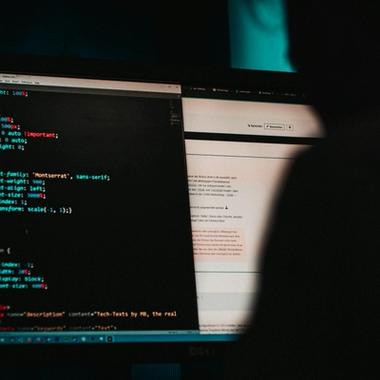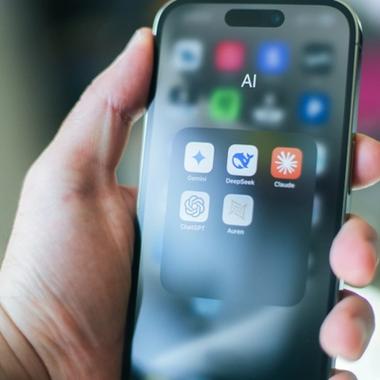App security is no longer just about firewalls and antivirus; it’s about staying one step ahead in an environment where threats adapt as fast as technology does.
And if you’re a product owner with an app in the market (or you’re planning to build one), the way you approach security can make or break your product’s future.
Artificial intelligence (AI) is transforming cybersecurity in app development, not by replacing human judgment, but by enhancing it. The smartest app developers, including many leading app developers UK-wide, are already weaving AI into their security strategies. This results in faster threat detection, stronger defences, and fewer sleepless nights for product owners.
In this guide, we’ll explore how AI is reshaping the way apps are protected, what it means for you as a product owner, and how you can make sure your investment stays secure.




